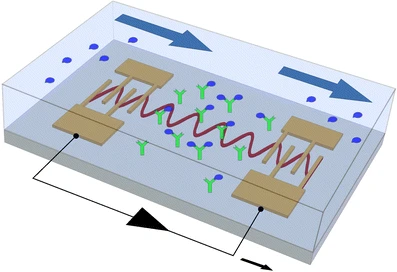A growing body of evidence suggests that aggregated α-synuclein, the major constituent of Lewy bodies, plays a key role in the pathogenesis of Parkinson's disease and related α-synucleinopathies.
Immunotherapies, both active and passive, against α-synuclein have been developed and are promising novel treatment strategies for such disorders.
Here, scientists report on the humanization and pharmacological characteristics of ABBV-0805, a monoclonal antibody that exhibits a high selectivity for human aggregated α-synuclein and very low affinity for monomers.
ABBV-0805 binds to a broad spectrum of soluble aggregated α-synuclein, including small and large aggregates of different conformations. Binding of ABBV-0805 to pathological α-synuclein was demonstrated in Lewy body-positive post mortem brains of Parkinson's disease patients.
The functional potency of ABBV-0805 was demonstrated in several cellular assays, including inhibition of both neurotoxicity in primary cortical neurons and Fcγ-receptor mediated uptake of soluble aggregated α-synuclein in microglia.
In vivo, the murine version of ABBV-0805 (mAb47) displayed significant dose-dependent decrease of α-synuclein aggregates in brain in several mouse models, both in prophylactic and therapeutic settings.
In addition, mAb47 treatment of α-synuclein transgenic mice resulted in a significantly prolonged survival. ABBV-0805 selectively targets soluble toxic α-synuclein aggregates with a picomolar affinity and demonstrates excellent in vivo efficacy.
Based on the strong preclinical findings described herein, ABBV-0805 has been progressed into clinical development as a potential disease-modifying treatment for Parkinson's disease.

